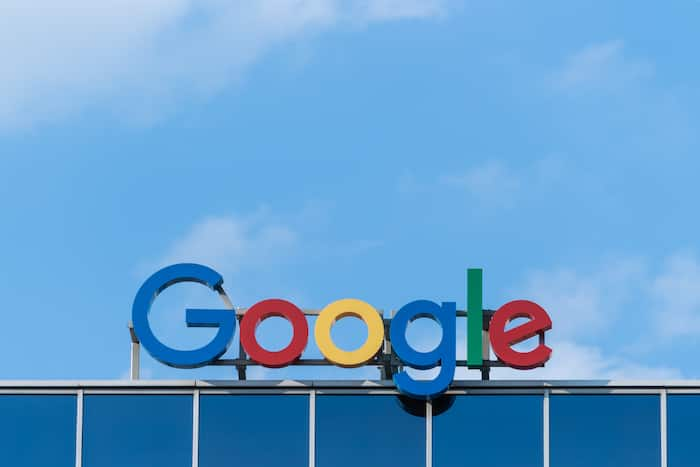With this move, Google plans to focus more on how AI could impact these elections and also indicates a shift towards more responsible AI usage in political contexts.

Washington: Google on Wednesday said it will restrict election-related queries from Bard and AI-based searches ahead of US Presidential Elections 2024, news agency Reuters reported. This was announced by the Alphabet company as US is gearing up for the major polls.
At a time when the US election is gaining global attention, 2024 is also crucial for other nations including India and South Africa as these countries are also getting ready for national elections.
With this move, Google plans to focus more on how AI could impact these elections and also indicates a shift towards more responsible AI usage in political contexts.
Prior to this, Meta, the parent company of Facebook, has already taken a stand on restricting election-related queries from AI-based searches. The platform earlier had also stopped political campaigns and advertisers in regulated industries from using its new generative AI advertising products.
Understanding Bard and AI-Based Search
Before we delve into the impact of AI restrictions, it is essential to understand the key components involved. Google’s Bard is an AI-powered chatbot designed to provide users with accurate and relevant information. It utilises natural language processing and machine learning algorithms to generate responses to user queries. On the other hand, AI-based search refers to Google’s search algorithms that employ AI techniques to deliver search results tailored to individual users.
AI-based search engines have transformed the way we access information, providing personalised and efficient search experiences. These algorithms analyse user behaviour, search history, and various other factors to deliver highly relevant search results. However, when covering politics, the potential for misinformation and manipulation necessitates careful considerations.
The Significance of AI Restrictions
To ensure the integrity of political information and combat the spread of misinformation, Google has announced restrictions on election-related queries for Bard and AI-based search. These restrictions, set to be enforced by early 2024, aim to enhance transparency and responsiveness during crucial election periods.
By limiting the types of election-related queries for which Bard and AI-based search will generate responses, Google intends to curate reliable and accurate information for users. This move signifies a shift towards responsible AI usage in the political landscape, acknowledging the potential impact AI can have on public opinion and decision-making processes.
Measures Taken by Other Platforms
Google is not alone in implementing measures to regulate AI in political contexts. Meta, the parent company of Facebook, has taken a proactive stance by restricting political campaigns and advertisers from using generative AI advertising products. This step ensures that political advertisements on Facebook and Instagram are transparent and accountable.
Advertisers utilising AI or other digital methods to create or alter political, social, or election-related advertisements are now required to disclose their methods. This increased transparency aims to provide users with the necessary information to evaluate the credibility and authenticity of political content.
In contrast, Elon Musk’s social media platform, X, has reversed its previous ban on political advertising. X now allows political ads from candidates and political parties in the United States. This policy change demonstrates the diverse approaches taken by tech platforms in addressing the intersection of AI and politics.

